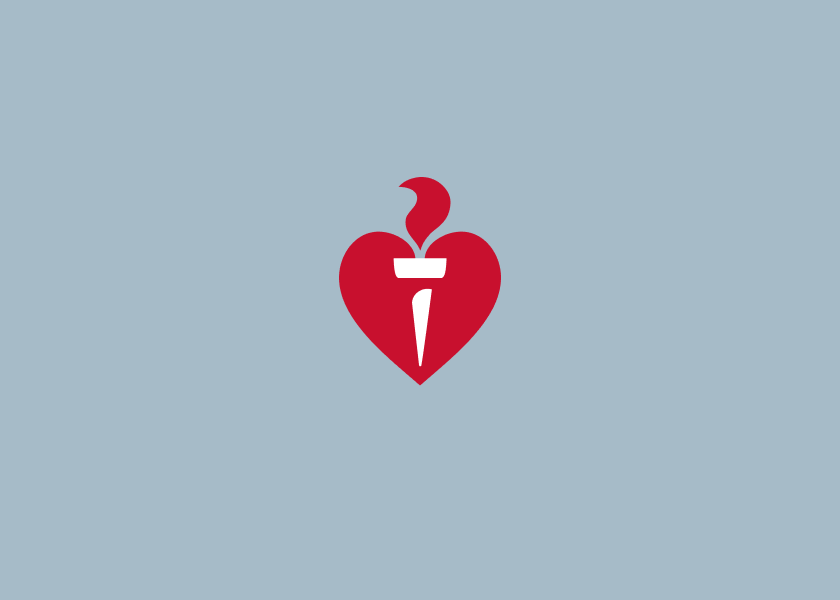A program to reduce adverse events and improve quality of life of people with blocked leg arteries
/
A program to reduce adverse events and improve quality of life of people with blocked leg arteries
Professor Jonathan Golledge, James Cook University
2020 Secondary Prevention Strategic Grant
Years funded: 2021-2024
1 million Australians have blocked leg arteries causing substantial leg pain, walking impairment and reduced quality of life and leading to a high risk of heart attack, stroke, hospital admission, amputation and death. Prior clinical trials have demonstrated that a range of secondary prevention treatments including medications and exercise therapy can substantially reduce the risk of adverse events and improve quality of life and physical function. Our previous research shows that these treatments are not effectively implemented. We have developed a holistic medical and rehabilitation program (PAD-medical) that consists of personalised treatment sessions delivered via telehealth to monitor control of key risk factors, optimise prescribed medications, supervise exercise and provide behaviour support counselling. This national randomised-controlled trial will test the efficacy of PAD-medical in achieving reduction in cardiovascular risk and improving quality of life and physical performance in people with blocked leg arteries. The trial will include a health economic assessment. If shown to be effective, an application will be made to the Medical Services Advisory Committee to seek an item number with the aim of national implementation.
You might also be interested in...

Q&A with Professor Jonathan Golledge
A program to reduce complications and improve quality of life in people with blocked leg arteries

Professor Jonathan Golledge
Testing a promising drug in laboratory models representative of the main patient presentations of blocked leg arteries

How do local stem cells cause our arteries to harden and what can we do about it?
How do local stem cells cause our arteries to harden and what can we do about it?
Last updated12 March 2024